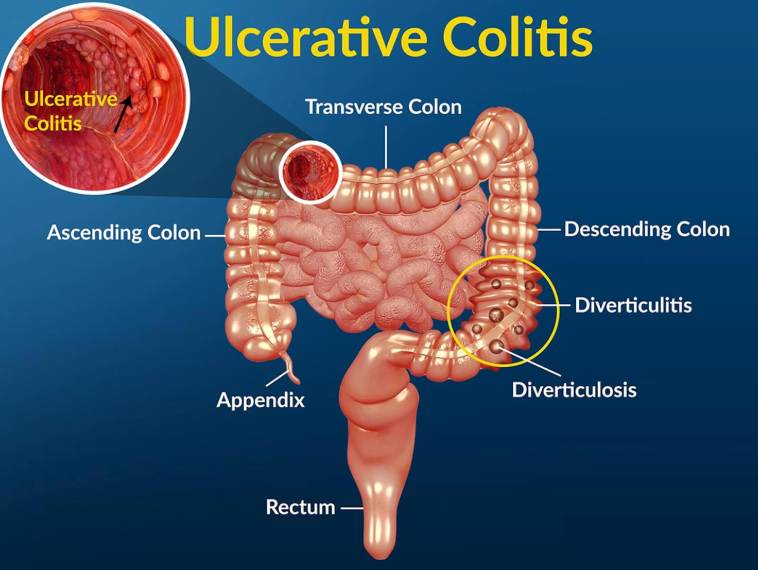Michael Greger M.D. FACLM
KEEPING YOUR VITAMIN D BETWEEN 50 AND UP TO 80 WILL REAP MANY HEALTH BENEFITS!
So many people are consuming vitamin D especially prescription vitamin D with very little benefits, but why?!
Book Ref: Over-The-Counter Natural Cures:
Synthetic Vitamin D, when ingested, synthetic vitamin D products mobilize calcium from bones into the bloodstream. The results may include:
-
hypercalcemia
-
Kidney failure
-
Central nervous system depression (Can lead to depression and lack of energy)
-
Heart failure
One of the most Toxic Vitamin is Synthetic Vitamin D (It Makes Great Rat Poison!) The University of Colorado reminded the scientific community of this danger when they published: “…baits containing large quantities of vitamin D are used very effectively as rodenticides (rat poison).” Said another way…
Dr. Kate Rheaume-Blue says, "The combination of organic vitamin D3, DiCalcium Malate, DiMagnesium Malate, and Vitamin K2 is a winning combination in order to create positive synergistic effects that transport vitamin D into the bone and out of the heart arteries where it is required."
(At looking vibrant, we've added K2 (Full spectrum MK7) with every formula that contains vitamin D3.)

Inflammatory bowel disease (IBD), “a chronic inflammatory condition of the intestine that causes abdominal pain, diarrhea, and weight loss,” includes Crohn’s disease and ulcerative colitis. When we compare identical twins, even though they have the same genes, most of the time, if one twin has IBD, the other does not. In that case, there must be some important, non-genetic trigger factors. What might they be?
Studies like the ones I discuss in my video Vitamin D for Inflammatory Bowel Disease offer a clue. Why do those living in the southern United States have lower IBD rates than those living in the north? Maybe it’s because Southerners get more sun, which means more vitamin D and which may also mean less inflammation.
So, do people with Crohn’s and ulcerative colitis who have low vitamin D levels have a worse disease? Apparently so. Not only is there an increased risk of surgery and hospitalization, but those who normalize their vitamin D levels appear to reduce their risk of relapse. However, instead of better vitamin D levels leading to better Crohn’s, maybe better control of Crohn’s led to better vitamin D. Indeed, perhaps they felt so good, they went outside more, “increasing physical activity and outdoor sun exposure.” We can’t tell if it’s cause and effect unless we put it to the test.
The first pilot study tried 1,000 units of vitamin D a day and saw no change in the Crohn’s disease activity index. At six weeks, however, there may have been a slight increase in IBD quality of life scores, but even that disappeared by year’s end, so the results were pretty disappointing overall. Perhaps the researchers didn’t use enough vitamin D? How about 1,200 IU a day? At that level, the relapse rate appeared to be cut in half, though there were too few people in the study to reach statistical significance.
What happens with 2,000 IU of vitamin D a day? Gut leakiness (so-called intestinal permeability) continued to worsen in the placebo group but appeared to stabilize in the vitamin D group, though only those who reached blood levels over 75 nanomoles per liter appeared to have a significant drop in inflammation. And, indeed, if Crohn’s patients are started on 1,000 IU of vitamin D per day and then the dose is ramped up until a target blood level is reached, it’s possible to get a significant boost in quality of life accompanying a significant drop in disease activity, as you can see at 2:19 in my video. Disease scores under 150 are considered remission, so “the majority of patients achieved remission” with improvements in disease activity in all but one person in the study. This suggests that Crohn’s patients may want to take 5,000 IU of vitamin D a day, but that’s nearly ten times the Recommended Daily Allowance. Why so much? Because that’s what it may take to get vitamin D levels that are normal for our species—that is, the kind of levels one might get running around half-naked in Africa, as we did for millions of years.
Dr. Russell Jaffe Says,
-
We call it vitamin D but it's really Neuro hormones that have a unique molecule that has two arms and stretches between two cells; and when it can touch two cells on the molecular level, it tells the cells that there are enough of them and that they should stop dividing. (That can only happen when using premium quality vitamin D3 with K2). But if vitamin D doesn’t find a cell adjacent to itself, it tells the cells to keep dividing.
-
So, low vitamin D increases cell proliferation. But, a more troublesome, low vitamin D increases the risk of transformation/cancer formation.
-
You also need to measure your vitamin D level and it should be up to 80, Not 40 as recommended by your MD Physician if you want to maximize your benefits from D vitamin.

Supplement recommendation;
1-COMPLETE STRUCTURAL RENEWAL-X3
-
5000iu organic vitamin D3
-
400mg DiCalcium Malate
-
200mg DiMagnesium Malate (2 to 1 ratio: Calcium to Magnesium just as it is present inside the human cell.) and much more...
https://lookingvibrant.com/collections/shop/products/complete-structural-renewal
2-LIPOSOMAL VITAMIN D3+K2 LIQUID
https://lookingvibrant.com/collections/featured-supplements/products/liposomal-vitamin-d3-k2-mk7



